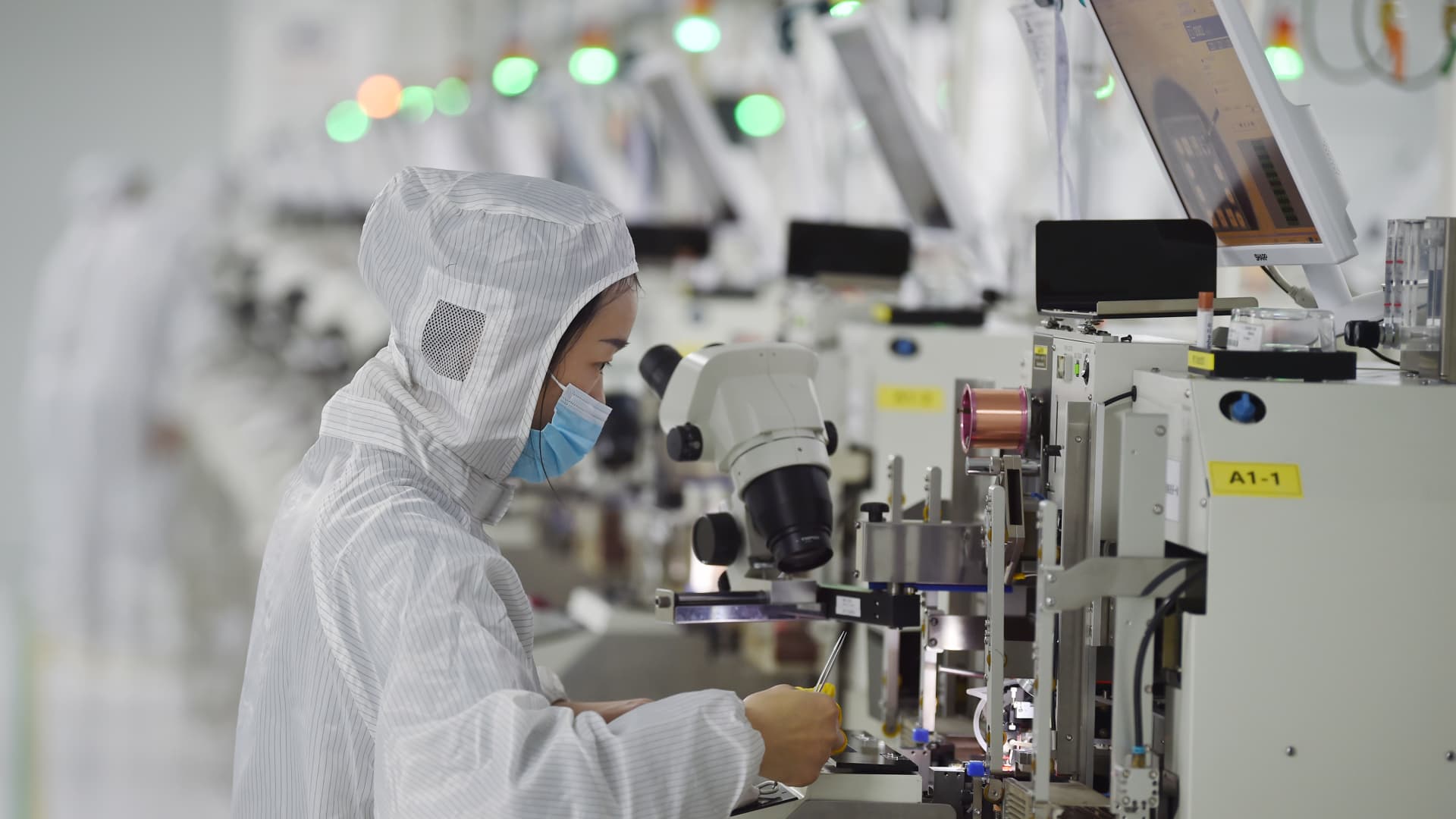China’s commerce ministry announced on July 3 that it would be imposing export restrictions on gallium and germanium, two crucial metals in the production of semiconductors. This move further intensifies the ongoing technological trade war between China, Europe, and the United States regarding access to microchips.
Under the new regulations, exporters will be required to obtain licenses starting from August 1 to ship certain gallium and germanium compounds. These licenses must specify importers and end users, as well as outline the intended use of these metals. The restrictions are imposed on the grounds of national security.
This development is part of a global battle for technological supremacy, with China being the largest source of both gallium and germanium, as highlighted in a European Union study on critical raw materials this year.
The announcement has had a significant impact on Chinese germanium producers’ stocks, with Yunnan Lincang Xinyuan Germanium Industrial experiencing a 10% surge in Shenzhen. Yunnan Chihong Zinc & Germanium has also seen a 7.5% increase in stock value. In contrast, the CSI 300 index of China’s largest A-share listings only saw a marginal 0.1% gain.
The United States had previously implemented comprehensive rules aiming to restrict exports of key chips and semiconductor tools to China. These measures have the potential to hinder China’s efforts to boost its domestic technology industries. Additionally, the U.S. has been persuading chipmaking nations and allies, including the Netherlands and Japan, to impose their own export restrictions.
In response, the Netherlands recently imposed export restrictions on advanced semiconductor equipment, effectively blocking ASML from exporting to China. However, these restrictions do not explicitly target ASML, which is one of the world’s most important semiconductor companies.
Countries are increasingly safeguarding their supply chains and developing their domestic chip industries, focusing on areas where they have significant strengths. For example, a fund supported by the Japanese government proposed a ¥903.9 billion ($6.3 billion) acquisition of semiconductor materials giant JSR.
Semiconductors are vital components in various technology products, ranging from smartphones to cars and even military applications and artificial intelligence advancements. Their significance makes this ongoing trade war over access to microchips a critical issue in the global technological landscape.
Denial of responsibility! VigourTimes is an automatic aggregator of Global media. In each content, the hyperlink to the primary source is specified. All trademarks belong to their rightful owners, and all materials to their authors. For any complaint, please reach us at – [email protected]. We will take necessary action within 24 hours.


